The 20 Best Dino De Laurentiis Movies
In memory of the master showman
Bitter Rice (1949)
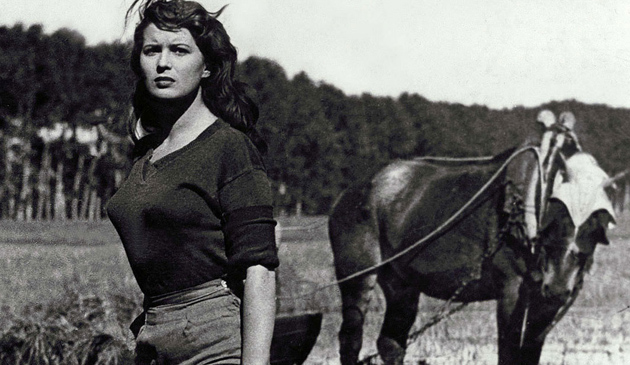
In the neorealist swirl of post-war Italy, young bespectacled producer Dino De Laurentiis, on a salary at Lux Film, worked alongside writer/director Giuseppe De Santis in this down-at-heel rice-field romance.
The film starred Silvana Mangano as heaving peasant girl Silvana – she became a star and, soon after, De Laurentiis’ wife.
La Strada (1954)
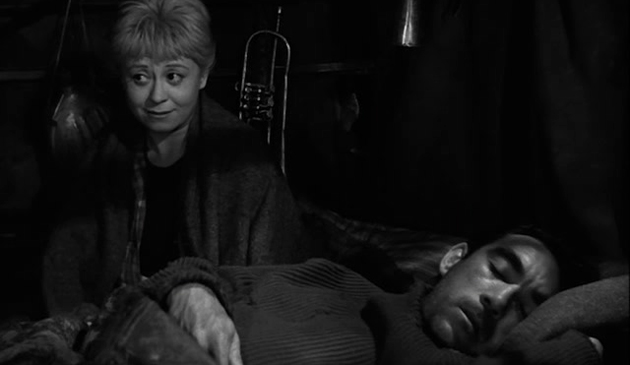
“One day Fellini called me and said, ‘Dino, nobody wants this film of mine. I’m sending over the screenplay, and we’ll see if you’re interested.’”
And that, according to De Laurentiis, is how Fellini’s poetic masterpiece began. The film was an international hit, and earned de Laurentiis his first Oscar, for Best Foreign Language Film.
The Nights Of Cabiria (1957)
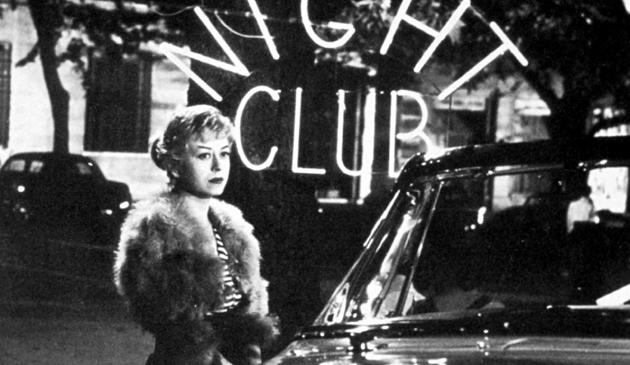
A second teaming with Fellini, again starring the director’s wide-eyed wife, Giulietta Masina.
After the drifting fable of La Strada, Cabiria is a return to a more direct neorealism, with Masina’s feisty working girl encountering a cross-section of Italy while roaming Rome’s red light district. It’s De Laurentiis’ best Italian film, and earned him a second Oscar.
Barabbas (1961)
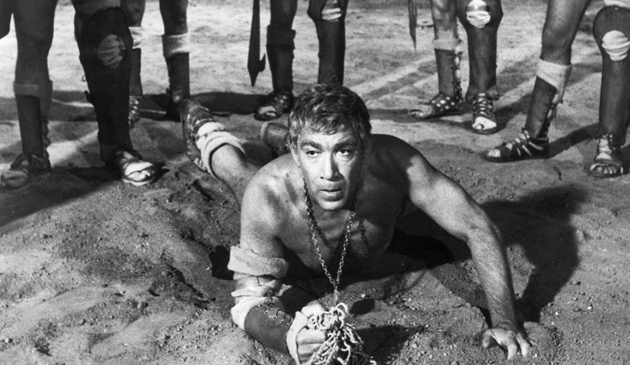
Dino was never shy of chasing a box-office trend, and in an era of biblical epics and runaway productions, Barabbas was his sandy shot at the big time.
Sign up for the Total Film Newsletter
Bringing all the latest movie news, features, and reviews to your inbox
And, while it doesn’t quite measure up to its big influences Ben-Hur and Spartacus, the production has serious heft, and Anthony Quinn is suitably anguished as the man released from crucifixion ahead of Christ.
Barbarella (1968)
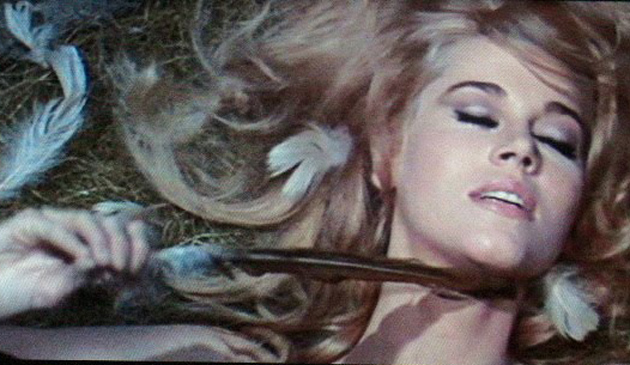
A unique and disastrous meeting of De Laurentiis’ European sensibilities with a Hollywood budget and stars.
The result is a barely-constructed sex-com sci-fi overflowing with gauche props and camp-glitz set design that, like polyester and savage bowl cuts, has somehow become cultishly fashionable.
Waterloo (1970)
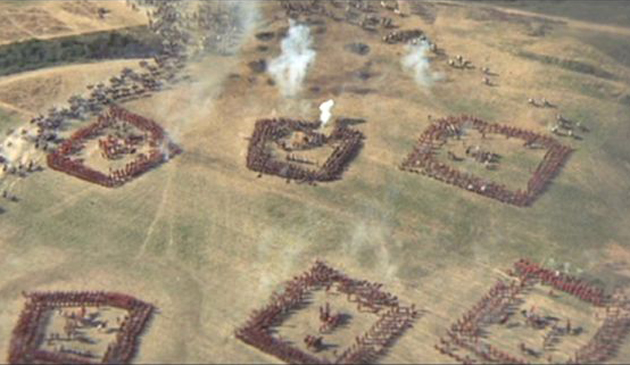
De Laurentiis was by now an independent producer, but used his dealmaking skills to set up elaborately financed blockbusters with international backing that rivalled Hollywood’s homegrown giants.
Waterloo was as big as they came, with Russian co-financing and a then-record budget of around $40 million powering awesomely scaled battle sequences featuring 17,000 extras from the Soviet army.
Serpico (1973)
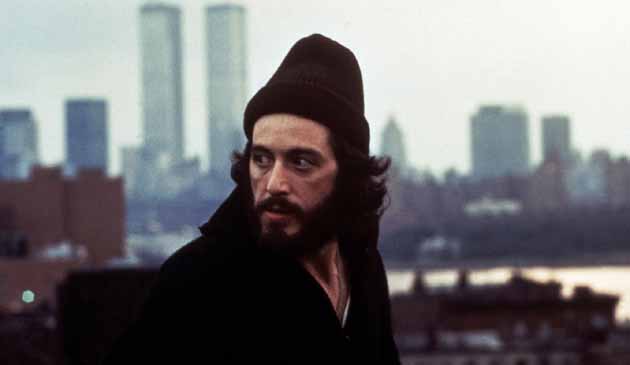
Sidney Lumet’s corrupt cop thriller was the first film De Laurentiis made after moving to the United States in the early ‘70s.
The producer bought the rights to Peter Maas’ book for $450,000 on the strength of a few pages, and pulled strings with friend and Paramount boss Charles Bluhdorn to make sure his dream team of Lumet and Al Pacino made the film.
Death Wish (1974)
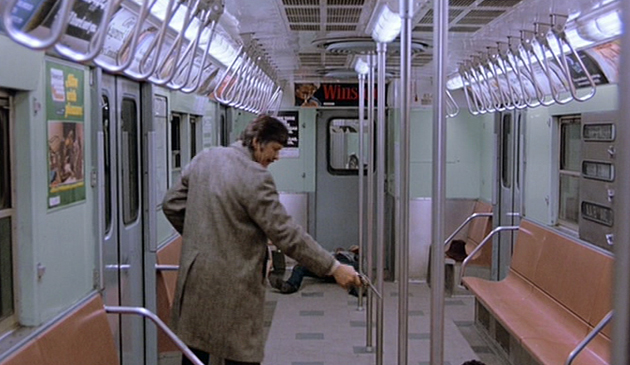
As a producer De Laurentiis relied heavily on his own taste and intuition in picking projects. So it’s remarkable that his track record flits so quickly between art house and pure trash.
Luckily, this is good trash, with Charles Bronson’s geologically-faced everyman turning mad vigilante after his family is killed. “I didn’t ask myself whether it was a fascist film or any crap like that,” the producer stormed. “I understood it was a story the public could identify with.”
Three Days Of The Condor (1975)
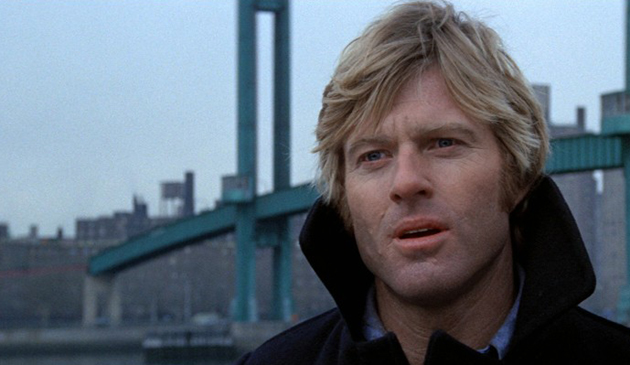
The pendulum swings again, with De Laurentiis setting up the framework for this brilliant, shadowy post-Watergate thriller starring Hollywood golden boy Robert Redford.
It’s among the producer’s finest films, worthy of mention in the same breath as All The President’s Men and The Conversation, as Redford’s sweater-wearing CIA bookworm trips over the wrong secret and ends up on the run.
King Kong (1976)
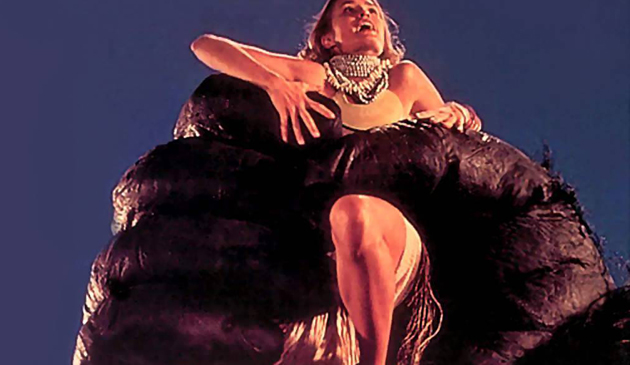
Another of Dino’s blockbusters paid for with a spiderweb of international financing.
The producer engineered a thriving circus of publicity surrounding the film, claiming it featured a 50ft-high mechanical robot version of Kong. While the uneven result was not the tragic epic the world anticipated, neither was it the flop it was widely reported to be, making a healthy profit for De Laurentiis and Paramount.


